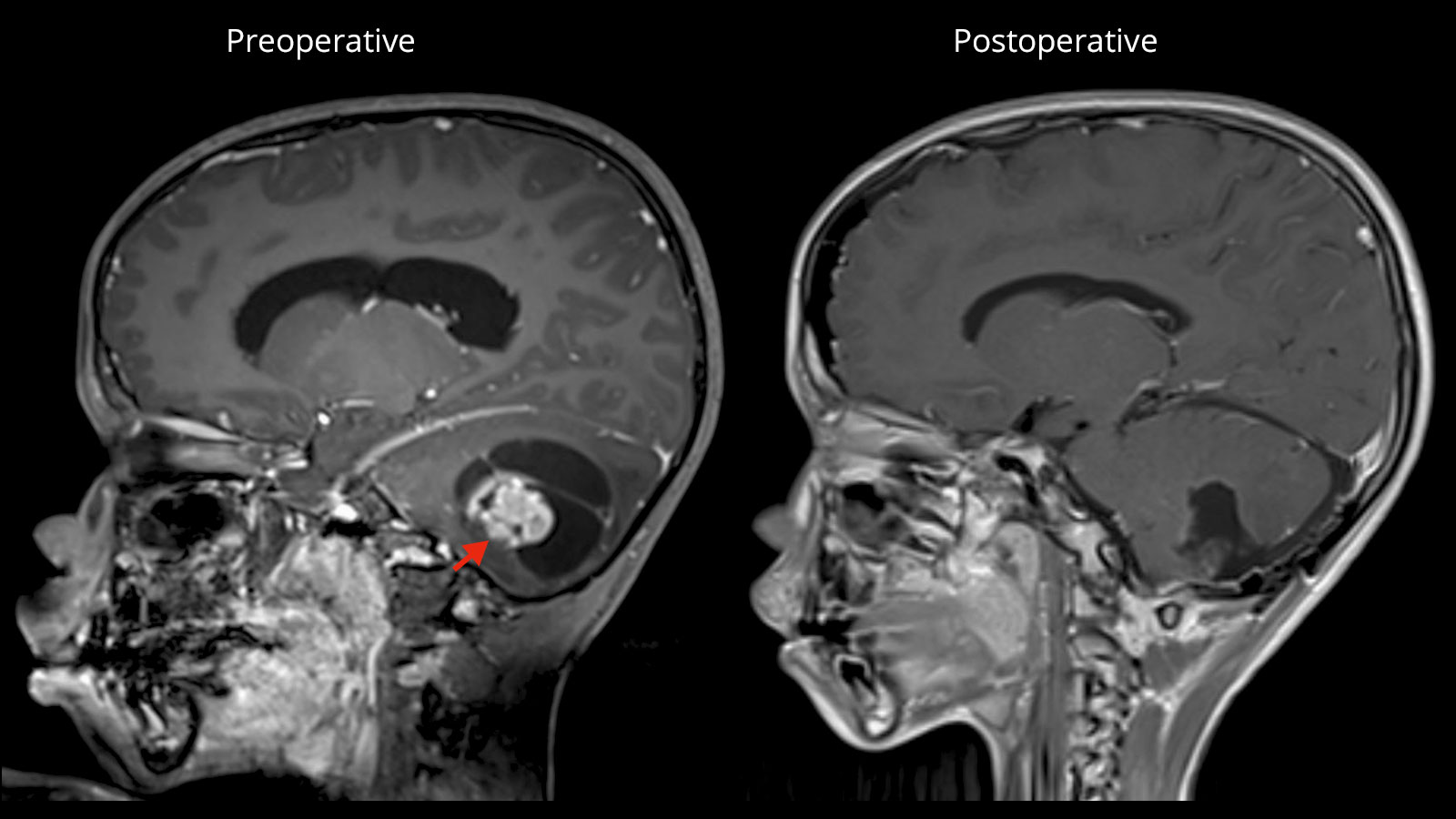
In today’s digital age, technology has transformed how we communicate, work, and entertain ourselves, from smartphones and social media to virtual reality and artificial intelligence. This article explores ten essential facts about how technology affects mental health.
Increased Screen Time and Mental Health

The widespread adoption of smartphones, tablets, and computers has significantly increased our screen time, which has implications for mental health. Excessive screen time has been associated with various mental health issues, including anxiety, depression, and poor sleep quality. The blue light emitted by screens can disrupt the production of melatonin, a hormone that regulates sleep, leading to difficulties falling asleep and maintaining a healthy sleep routine. Moreover, spending prolonged periods in front of screens can negatively impact our circadian rhythm, affecting our natural sleep-wake cycle and leading to feelings of fatigue and irritability.
Excessive screen time can also contribute to attention difficulties and reduced concentration. Constant exposure to digital stimuli, such as notifications and multiple browser tabs, can decrease the ability to focus and sustain attention. This can affect productivity, performance in academic or professional settings, and overall cognitive functioning.
Furthermore, excessive screen time can contribute to feelings of isolation and social disconnection. Spending significant amounts of time engaged in online activities may replace face-to-face interactions and reduce the opportunities for meaningful social connections. This lack of social engagement can lead to feelings of loneliness, which can contribute to mental health issues like depression and anxiety.
It is essential to establish healthy boundaries to mitigate the negative impact of increased screen time. Setting limits on daily screen time, incorporating regular screen-free breaks, and practicing digital mindfulness can help restore balance and promote mental well-being. Engaging in offline activities, such as physical exercise, hobbies, and spending time with loved ones, can provide a much-needed break from screens and contribute to overall mental health.
Social Media and Mental Health
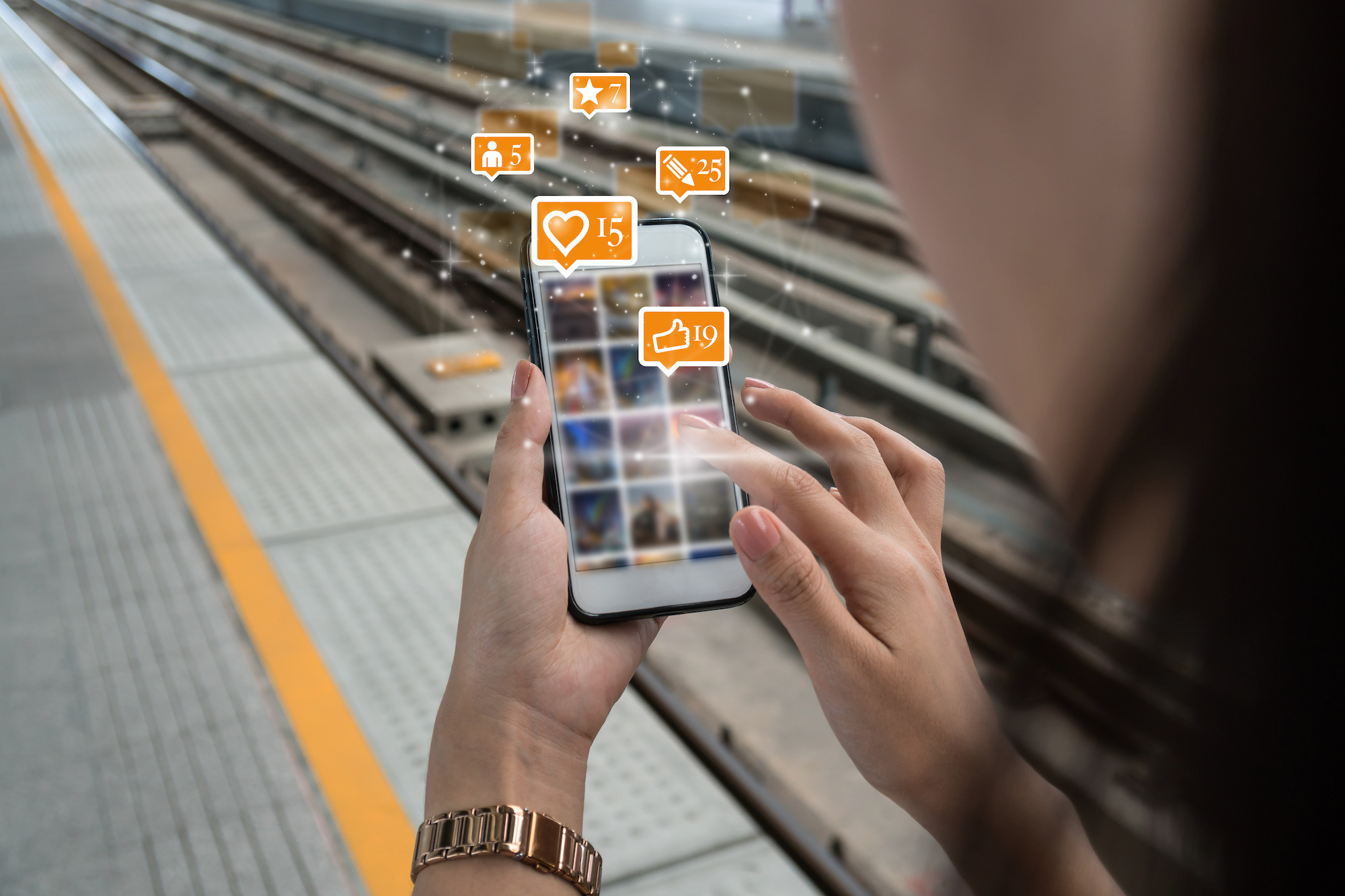
Social media platforms have become integral to our social lives, allowing us to connect with others, share experiences, and stay informed. However, excessive use of social media can have detrimental effects on mental health. One of the critical factors is the tendency for individuals to engage in social comparison. People often compare their lives, achievements, and appearance to others’ curated online profiles, leading to feelings of inadequacy, low self-esteem, and even depressive symptoms.
The pressure to portray a perfect life on social media, driven by the desire for validation and likes, can contribute to anxiety and stress. Individuals may feel compelled to constantly present themselves in a positive light, creating a sense of inauthenticity and increasing the fear of judgment or social exclusion. Additionally, cyberbullying on social media platforms can significantly impact mental health. Cyberbullying victims may experience increased anxiety, depression, and feelings of isolation.
To maintain a healthy relationship with social media, one must be mindful of one’s usage patterns and emotional responses. Setting boundaries on social media usage, unfollowing accounts that trigger negative emotions, and engaging in activities that foster self-esteem and real-life connections can help mitigate the negative impact. Building a supportive online network and promoting positive interactions within online communities can also contribute to a more positive social media experience.
Gaming and Mental Health
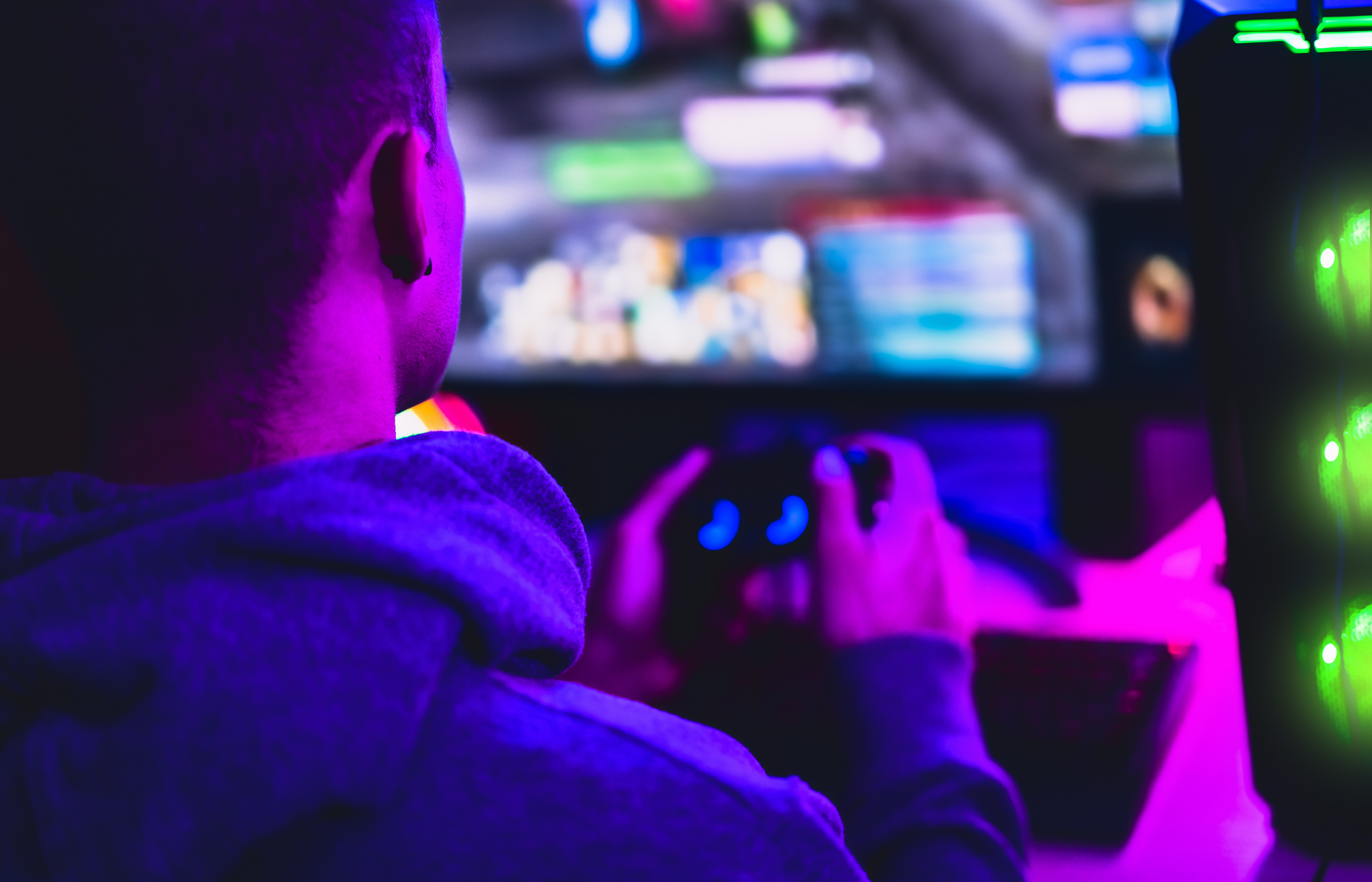
The gaming industry has experienced exponential growth, captivating millions of players worldwide. While gaming can be a source of entertainment, relaxation, and even social interaction, excessive gaming has been associated with adverse mental health outcomes. Gaming addiction, classified as Internet Gaming Disorder, can significantly impair various areas of life, including academic or occupational functioning, relationships, and mental well-being.
Excessive gaming can contribute to social isolation and withdrawal from real-life interactions. Spending excessive time in virtual environments can lead to a neglect of personal relationships and social commitments, leading to feelings of loneliness and disconnectedness.
Moreover, gaming addiction can impact mental health, similar to other forms of addiction. The compulsive need to engage in gaming activities, withdrawal symptoms when not gaming, and neglecting other responsibilities can lead to increased stress, anxiety, and even depression.
Establishing boundaries and engaging in responsible gaming habits are crucial to promote a healthy approach to gaming. Setting limits on gaming areas, balancing gaming with other activities, and being aware of the signs of addiction are essential steps in maintaining a healthy relationship with gaming. It is also crucial for parents, educators, and the gaming industry to provide education and resources on responsible gaming practices and to create supportive environments that encourage a healthy balance between gaming and other aspects of life.
Cyberbullying and Online Harassment
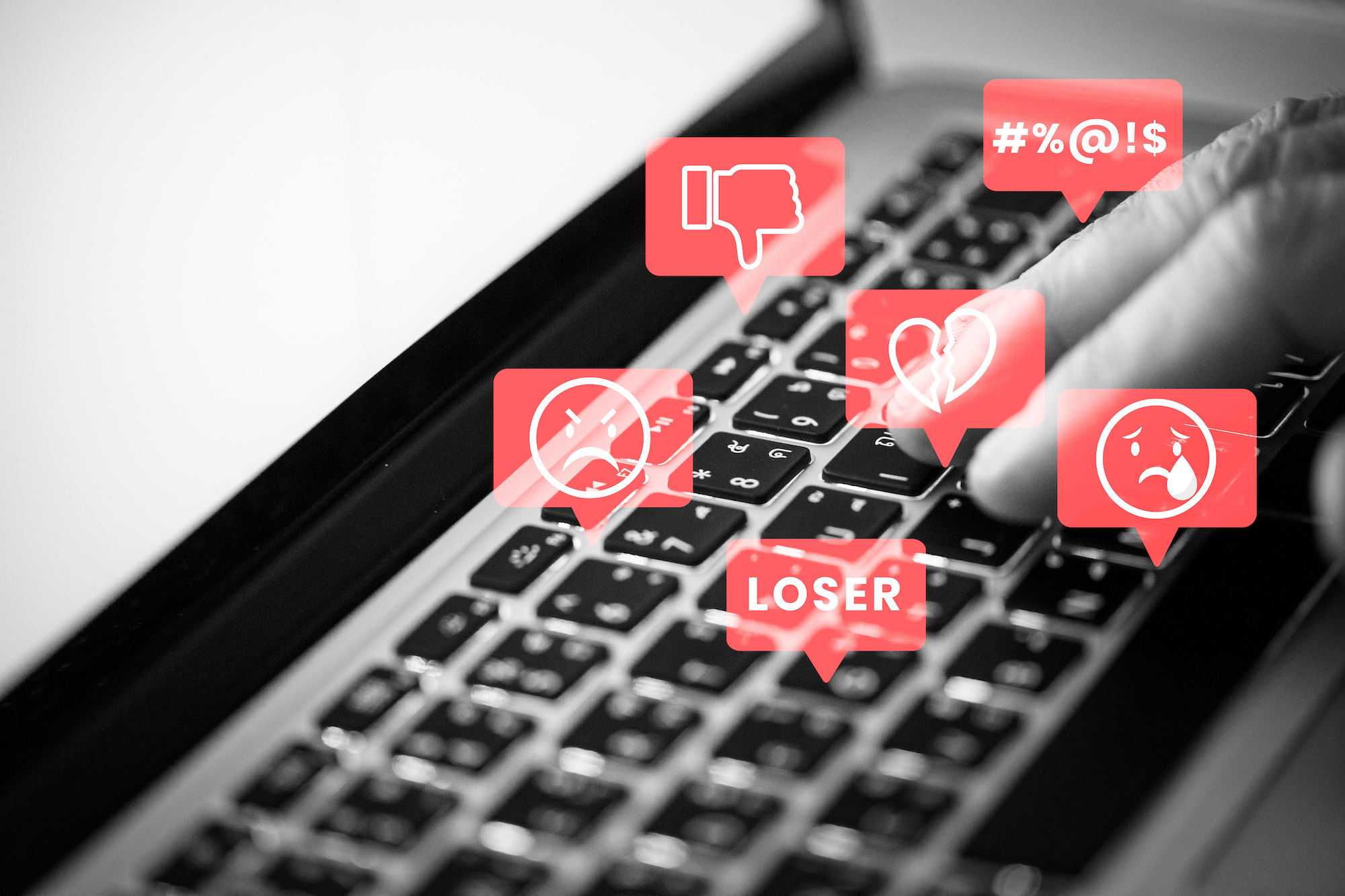
Technology and online platforms have unfortunately given rise to cyberbullying and online harassment. Cyberbullying refers to using digital technologies to harass, intimidate, or harm others. It can take various forms, including sending hurtful messages, spreading rumors, or sharing private information without consent. The impact of cyberbullying on mental health can be severe, with victims experiencing increased anxiety, depression, and even suicidal ideation.
Online harassment extends beyond personal attacks, targeting individuals based on gender, race, religion, or other unique characteristics. Such experiences can profoundly affect mental well-being, contributing to feelings of powerlessness, low self-esteem, and social isolation.
To combat cyberbullying and online harassment, it is essential to establish a culture of respect, empathy, and digital citizenship. Education and awareness programs can help individuals understand the impact of their online behavior and promote responsible online interactions. Social media platforms and online communities should have strict policies against cyberbullying and harassment, and users should be encouraged to report such incidents. Creating safe and supportive online environments is crucial for protecting individuals’ mental well-being and fostering positive digital experiences.
Digital Detox and Mindfulness

In response to the negative impact of technology on mental health, the concept of a digital detox has gained popularity. Digital detox refers to taking intentional breaks from screens and digital devices to reduce the adverse effects of technology on mental well-being. This practice allows individuals to recharge, refocus their attention, and engage in offline activities that promote well-being.
Engaging in mindfulness practices can also be beneficial in managing the impact of technology on mental health. Mindfulness involves being fully present in the moment, without judgment, and paying attention to one’s thoughts, feelings, and surroundings. Mindfulness can help individuals understand their screen time habits and emotional responses to technology use and establish a healthier relationship with digital devices.
Taking regular breaks from screens, practicing mindfulness techniques such as deep breathing or meditation, and engaging in activities promoting relaxation and self-care can improve mental well-being. Establishing a balance between technology use and offline activities is critical to maintaining a healthy relationship with technology and protecting mental health.
Online Support Communities

While technology can contribute to mental health challenges, it also offers opportunities for support and connection. Online support communities and mental health platforms provide individuals access to information, resources, and a supportive network of peers who understand their struggles. These platforms can be especially beneficial for those facing barriers to accessing traditional mental health services, such as geographical limitations or stigma.
Online support communities can foster a sense of belonging, reduce feelings of isolation, and provide a safe space for individuals to share their experiences and seek support. Participating in these communities can help individuals develop coping strategies, gain insights from others who have faced similar challenges, and provide a sense of validation and understanding.
It is essential to approach online support communities with caution and critical thinking. Ensuring the credibility of information and the moderation of these platforms is crucial to prevent the spread of misinformation or the proliferation of harmful advice. Online support should not replace professional mental health treatment when needed. Online communities can be valuable, but seeking professional help when necessary is essential.
Mental Health Apps and Tools

The increasing demand for mental health support has led to the development of numerous smartphone apps and digital tools to support individuals in their mental health journey. Some apps focus on mood tracking, allowing users to monitor their emotional well-being and identify patterns or triggers. Other apps provide guided meditation exercises, stress management techniques, and CBT strategies to promote relaxation and positive mental health practices.
While mental health apps can be valuable tools for self-care, it is essential to approach them with a critical mindset. Not all apps are created equal, and they may vary. It is recommended to research and choose evidence-based apps developed by reputable organizations or mental health professionals and has positive user reviews. These apps should not replace professional mental health treatment.
Impact of Technology on Children and Adolescents

Children and adolescents are particularly vulnerable to the impact of technology on mental health. Excessive screen time, social media use, and gaming can significantly affect their well-being and development. Research suggests that increased screen time in children and adolescents is associated with a higher risk of mental health issues, such as anxiety, depression, and attention difficulties.
Excessive screen time can interfere with critical developmental processes, such as social interaction and the acquisition of social skills. Spending excessive time engaged in digital activities may limit opportunities for face-to-face interactions, emotional expression, and the development of empathy and communication skills.
Social media use among young individuals can contribute to body image concerns, as they are exposed to idealized and often unrealistic portrayals of beauty and perfection. The pressure to conform to societal standards and the fear of missing out (FOMO) can increase feelings of inadequacy, anxiety, and low self-esteem.
Parents, educators, and caregivers must establish clear boundaries and promote a balanced approach to the technology used to support the healthy development of children and adolescents in the digital age. Encouraging physical activity, offline hobbies, and quality face-to-face interactions can help counteract the potential adverse effects of technology. Educating young individuals about responsible digital citizenship, online safety, and the importance of maintaining a healthy balance between digital engagement and other aspects of life. Is also important
Technostress and Burnout

The constant connectivity and information overload brought about by technology can lead to technostress and burnout. Technostress refers to the negative psychological and emotional responses individuals experience when dealing with technology, such as feeling overwhelmed, anxious, or frustrated. The fear of missing out (FOMO), the pressure to be constantly available, and the constant influx of information can contribute to heightened stress and anxiety levels.
Burnout, a state of physical, emotional, and mental exhaustion, can also be exacerbated by technology. The constant demands of work or personal life communicated through digital channels can blur the boundaries between work and personal time, making it challenging to disconnect and recharge. The pressure to be constantly connected and responsive can lead to increased stress levels, reduced job satisfaction, and impaired mental well-being.
The fear of missing out (FOMO) on potential gains, the pressure to make the right investment decisions, and the constant monitoring of market fluctuations can lead to obsessive thoughts, sleep disturbances, and addictive behaviors. Additionally, the potential for financial loss or being a victim of scams and fraud within the cryptocurrency space can further contribute to mental distress. Individuals involved in cryptocurrency trading on tesler app must prioritize their mental well-being by maintaining a balanced perspective, setting realistic expectations, and seeking support from financial advisors or mental health professionals when needed.
To manage technostress and prevent burnout, it is crucial to establish healthy boundaries and adopt self-care practices. Setting clear expectations around availability and response times, creating designated “tech-free” periods or zones, and prioritizing time for relaxation and rejuvenation are essential strategies. It is important to recognize that constant connectivity is not necessary or healthy, and it is vital to prioritize mental well-being over the demands of technology.
Ethical Considerations and Future Directions
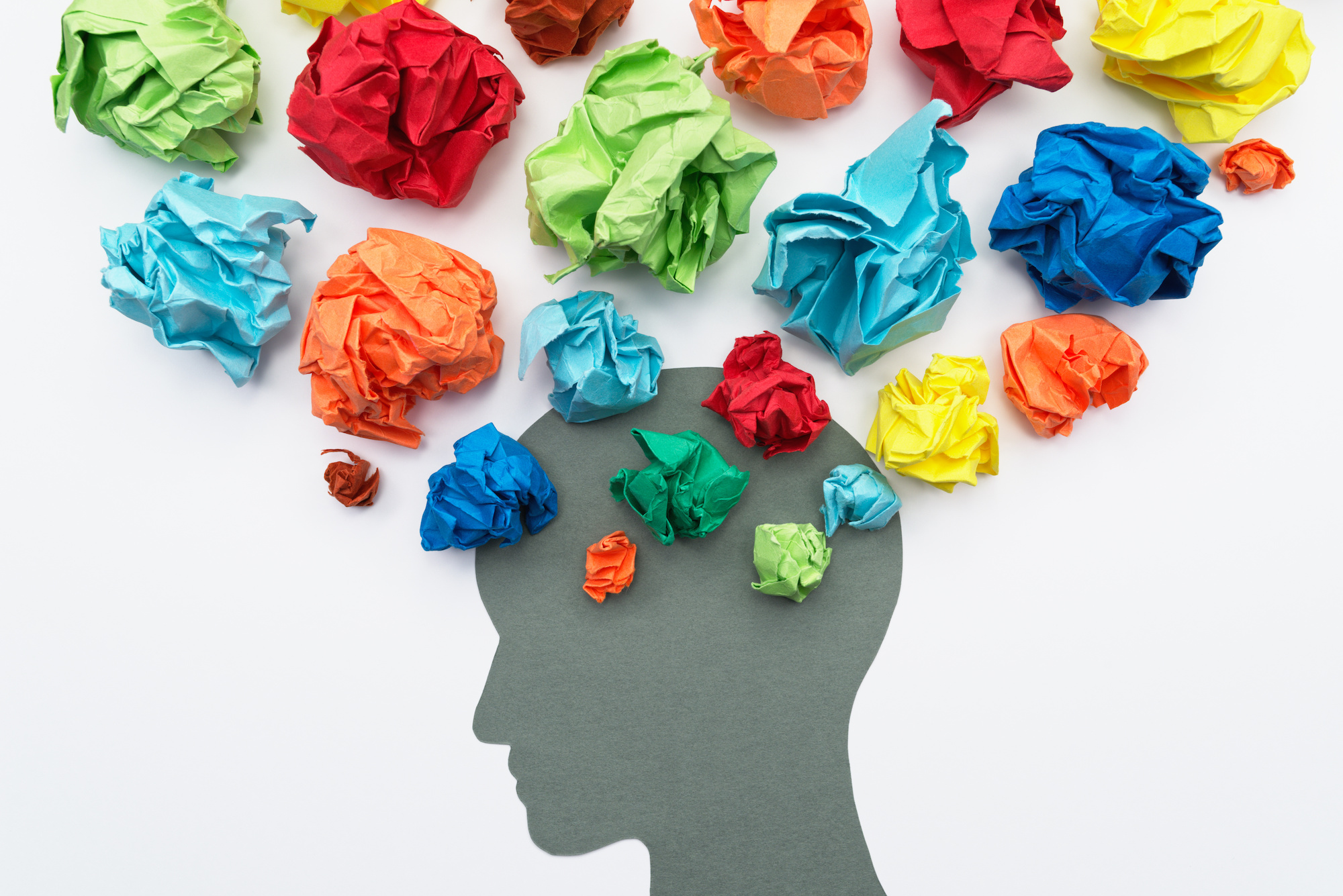
As technology continues to advance rapidly, it is crucial to consider the ethical implications and potential impact on mental health. Developers, policymakers, and users must collaborate to ensure that technology is designed and utilized to prioritize mental well-being. This includes promoting digital literacy and responsible technology use, fostering safe online spaces, and incorporating mental health considerations into technological advancements.
Developers should consider ethical design practices, such as minimizing addictive features and promoting healthy engagement with technology. Policymakers can play a role in regulating the industry, setting guidelines, and promoting digital well-being initiatives. Users should actively understand technology’s potential risks and benefits and make informed choices that prioritize their mental health.
As technology evolves, it is essential to conduct further research on its impact on mental health and develop evidence-based interventions and strategies. By staying informed, promoting open discussions, and fostering a culture that values mental well-being, we can harness the benefits of technology while mitigating its potential risks to mental health.
Conclusion
Technology undoubtedly shapes our lives in numerous ways, and its impact on mental health should not be overlooked. At the same time, technology offers remarkable opportunities and poses challenges that can affect our well-being. By understanding the facts surrounding the impact of technology on mental health, individuals can make informed choices and adopt strategies to maintain a healthy balance between technology use and overall mental well-being. By embracing the potential benefits while being mindful of the risks, we can navigate the digital landscape in a way that supports our mental health and overall quality of life.
Was this page helpful?
Our commitment to delivering trustworthy and engaging content is at the heart of what we do. Each fact on our site is contributed by real users like you, bringing a wealth of diverse insights and information. To ensure the highest standards of accuracy and reliability, our dedicated editors meticulously review each submission. This process guarantees that the facts we share are not only fascinating but also credible. Trust in our commitment to quality and authenticity as you explore and learn with us.

